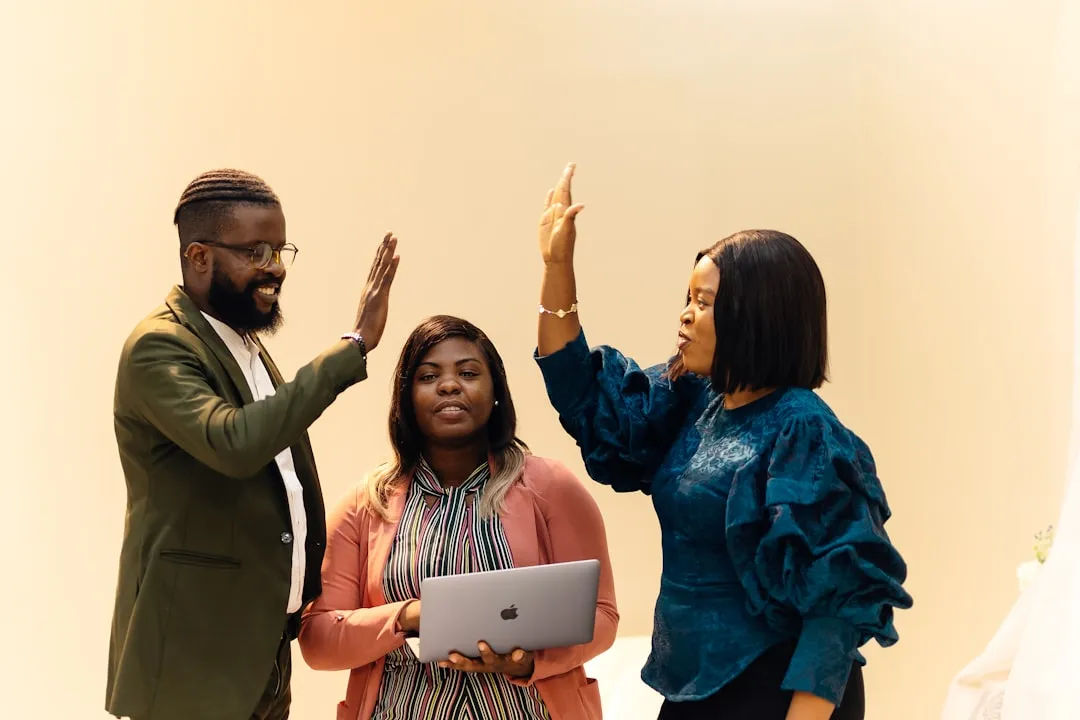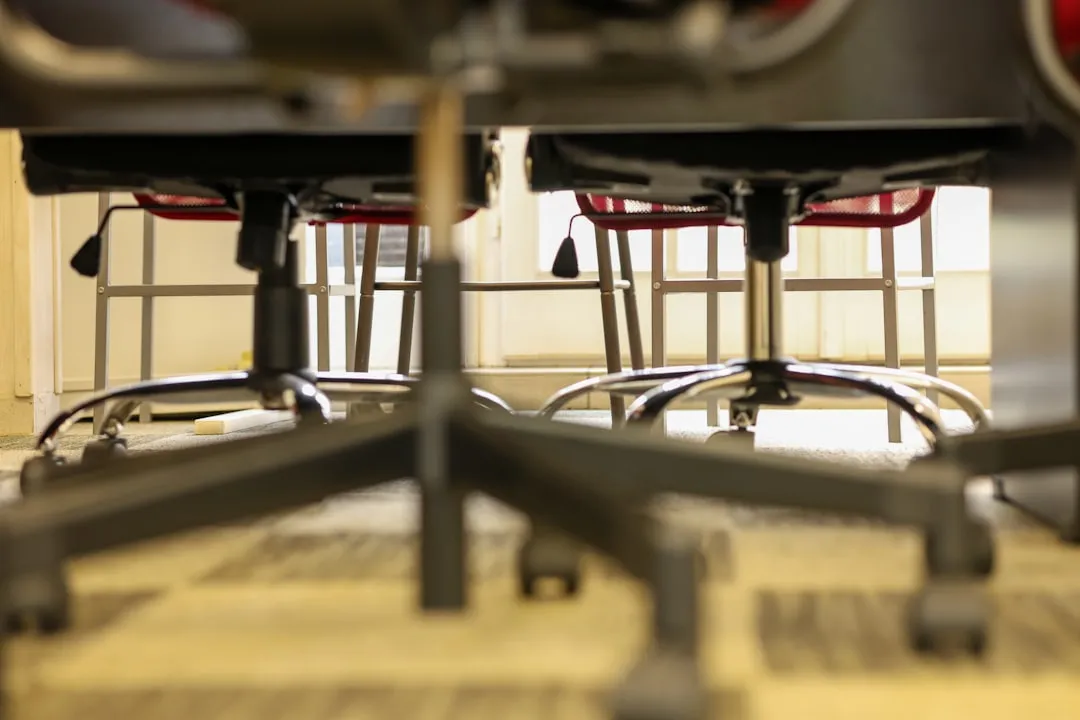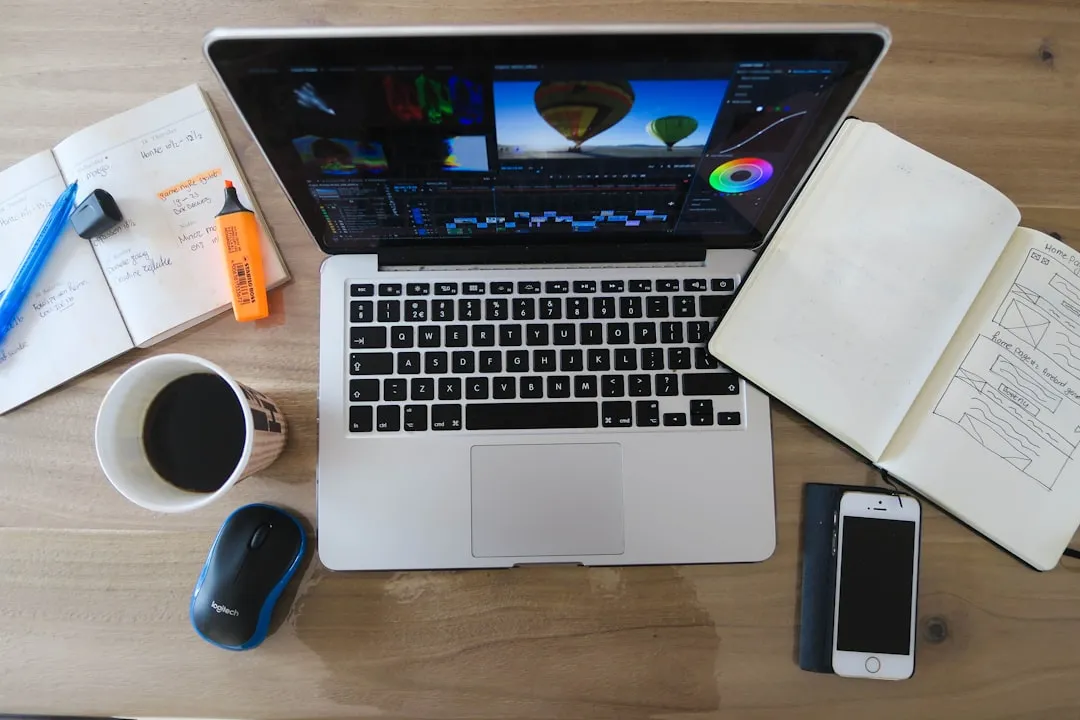Finding the right talent is crucial for the success of any engineering team.
While technical skills are undoubtedly important, evaluating a candidate's communication and problem-solving abilities is equally vital.
In this article, we'll guide you through the best presentation topics to gauge an engineering candidate's capabilities, helping you make informed decisions and unlock success in your recruitment process.
The Technical Pitch: Showcasing Problem-Solving Skills
Technical presentations are an excellent way to evaluate an engineering candidate's problem-solving abilities.
When selecting a topic, opt for something relevant and challenging, reflecting the kind of problems they might encounter in their role.
For instance, you could ask them to solve a complex engineering problem within a limited timeframe, or present an innovative solution to a real-world challenge.
By observing their approach, analysis, and critical thinking, you can gain valuable insights into their problem-solving prowess.
Imagine giving a candidate a hypothetical technical issue to troubleshoot during their presentation.
This exercise can demonstrate their ability to identify root causes, propose viable solutions, and communicate their findings effectively.
Not only will this give you an understanding of their technical proficiency, but it will also reveal their problem-solving methodologies.
Past Projects and Contributions: Demonstrating Experience and Expertise
Candidates' past projects and contributions provide an opportunity to assess their experience and expertise.
Request candidates to present a project they've worked on and discuss its impact.
By doing so, you can evaluate their ability to deliver results and work collaboratively in a team.
Look for presentations that highlight their problem-solving abilities, the challenges they faced, and the outcomes they achieved.
This will help you gauge their adaptability, resilience, and creative thinking.
Consider asking a candidate to present a case study that showcases their ability to overcome technical obstacles.
This exercise will give you a glimpse into their approach to problem-solving, as well as their ability to communicate complex ideas to both technical and non-technical audiences.
Innovation and Problem Solving: Unleashing Creative Thinking
Innovation is a crucial aspect of engineering, making it essential to assess a candidate's creative thinking and problem-solving skills.
Choose presentation topics that encourage candidates to think outside the box and propose novel solutions.
For example, you could ask them to design an innovative solution for an existing engineering challenge or propose improvements to an existing process or system.
By analysing their innovative ideas and the thought process behind them, you can determine whether candidates possess the creativity and ingenuity required to excel in their roles.
A candidate who presents a personal project demonstrating unique problem-solving skills can also be an excellent indicator of their ability to innovate and tackle complex challenges.
Communication and Presentation Skills: Assessing Soft Skills
Strong communication and presentation skills are invaluable in engineering roles.
Candidates who can effectively convey complex technical concepts to various stakeholders can make a significant impact.
When assessing these skills, select presentation topics that require candidates to communicate their ideas in a clear, concise, and engaging manner.
Imagine asking a candidate to explain a complex technical concept to a non-technical audience.
This exercise will assess their ability to simplify complex ideas and adapt their communication style to suit the audience's level of understanding.
Similarly, requesting them to present a technical idea in a concise and engaging manner will help you evaluate their communication and presentation skills.
Q&A Session: Uncovering the Candidate's Depth of Knowledge
Following each presentation, it's crucial to conduct a Q&A session to delve deeper into the candidate's understanding.
Prepare a set of questions tailored to the specific presentation topic.
This will allow you to assess their depth of knowledge, critical thinking abilities, and their capacity to respond thought fully on their feet.
By asking targeted questions, you can gain insights into their technical expertise, problem-solving strategies, and ability to think analytically.
For example, if a candidate presented an innovative solution to a real-world challenge, you can ask them about the potential limitations or risks associated with their proposed solution.
This will not only test their knowledge but also assess their ability to think critically and consider different perspectives.
Remember to adapt the questions to the presentation topic and the candidate's responses.
This will help you gain a comprehensive understanding of their abilities and ensure a well-rounded assessment.
Conclusion
In the world of engineering recruitment, presentations are a powerful tool for assessing candidates' abilities beyond their technical skills.
By incorporating carefully selected presentation topics, you can evaluate their problem-solving skills, experience, expertise, creativity, and communication abilities.
Consider asking candidates to deliver a technical pitch where they showcase their problem-solving abilities, selecting topics that reflect the challenges they may encounter in their role.
Request presentations on their past projects and contributions to assess their experience and collaborative skills.
Encourage innovation by asking them to present unique and creative solutions to existing engineering challenges.
Finally, evaluate their communication and presentation skills by requesting them to explain complex technical concepts in a clear and concise manner.
Remember to include a Q&A session after each presentation to uncover the candidate's depth of knowledge and assess their ability to think on their feet.
By adapting and tailoring your questions, you can gain valuable insights into their critical thinking abilities and problem-solving approaches.
Incorporating these best practices into your engineering recruitment process will help you identify top talent, ensuring that you select candidates who not only possess the technical skills but also demonstrate the essential soft skills required for success in the field.
So, next time you conduct an engineering interview, leverage the power of presentations to unlock success in your recruitment process.
It's a win-win situation, where candidates get an opportunity to showcase their skills, and you get a comprehensive assessment to make informed hiring decisions.
Remember, finding the right engineering talent can transform your team and drive innovation.
By incorporating presentations into your interview process, you're one step closer to unlocking success in engineering recruitment.


















